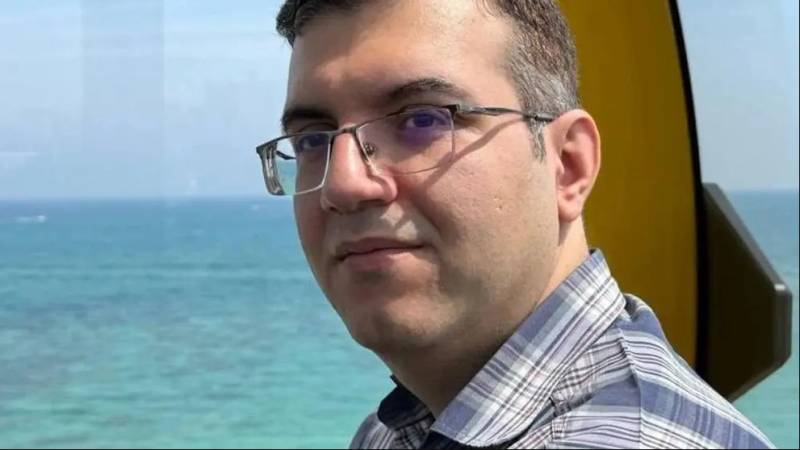Italy seeks to deny extradition of Iranian to US

Stay tuned with 24 News HD Android App

Italy's justice minister is seeking to revoke the arrest and extradition to the United States of an Iranian accused by Washington of supplying military technology to Iran, his office said on Sunday.
The move comes just days after an Italian journalist was released from a Tehran jail by Iranian authorities, following intense diplomatic efforts by Rome.
Justice Minister Carlo Nordio has filed a request to the Court of Appeal in Milan to revoke the arrest of Mohammad Abedini, as his alleged crimes are either not punishable under Italian law or lacked proof, the ministry said in a statement.
Abedini, 38, was arrested in Italy last month at the behest of Washington, which alleges that he supplied sophisticated drone navigation technology to Iran's military, in violation of US sanctions.
The components were later used in a January drone strike at a Jordanian military base near the Syrian border that killed three American service members, according to US justice authorities.
Abedini has been held in a Milan jail since his arrest, with Iran denying the accusations and calling his detention an "illegal act" that risked damaging Rome-Tehran relations.
Diplomatic coup
Nordio's request came four days after Cecilia Sala -- who had been held in isolation for three weeks in a Tehran jail -- returned home following her release.
That was a major diplomatic coup for Prime Minister Giorgia Meloni, who called it the result of "intense work through diplomatic and intelligence channels".
The justice ministry on Sunday said that under Italy's extradition treaty with the United States, extradition can only take place if the attributable crimes are punishable under each country's laws.

"The first conduct attributed to the Iranian citizen of 'criminal association to violate the IEEPA'" is not "punished by the Italian criminal system", the statement said, referring to the International Emergency Economic Powers Act, a US federal law which gives the US president emergency sanction powers.
With regards to Washington's other accusations against Abedini -- namely "criminal association to provide material support to a terrorist organisation resulting in death" and of providing "material support to a foreign terrorist organisation resulting in death" -- the justice ministry said that "no element has been adduced to date as a basis for the accusations made."
It added that the only certainty was that Abedini had carried out "production and trade activities of technological instruments with his own country" that had "potential, but not exclusive, military applications".
In its charging documents, the US government called Abedini the founder and managing director of an Iranian company "that manufactures navigation modules used in the" Islamic Revolutionary Guard Corps's "military drone program".
At the same time as Abedini's arrest in Italy, the US authorities arrested another man, Iranian-American Mahdi Sadeghi, whom it said colluded with Abedini to ship sanctioned items to Iran.
He remains in a US jail.
